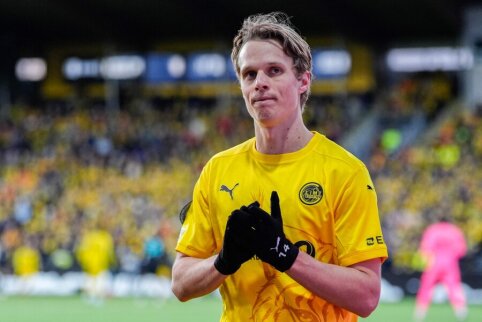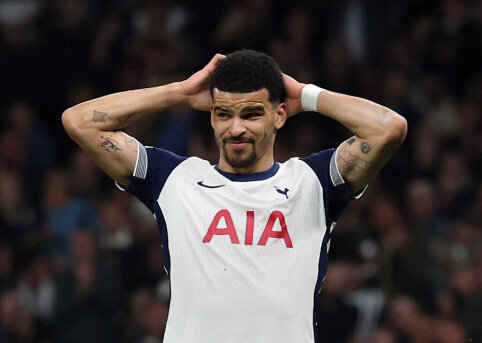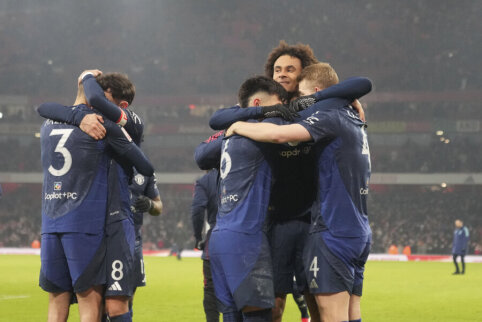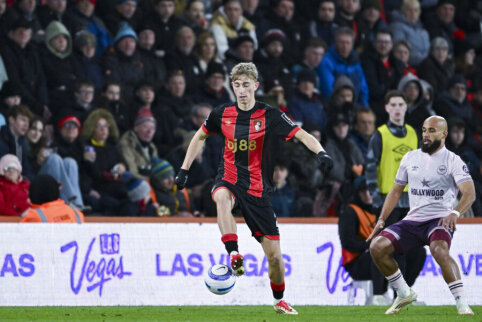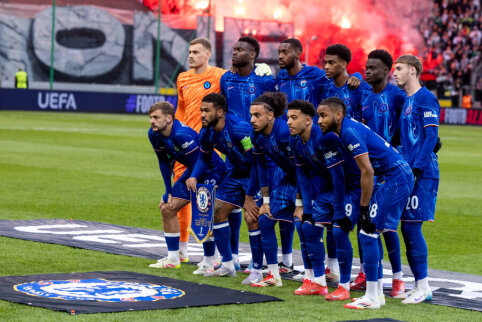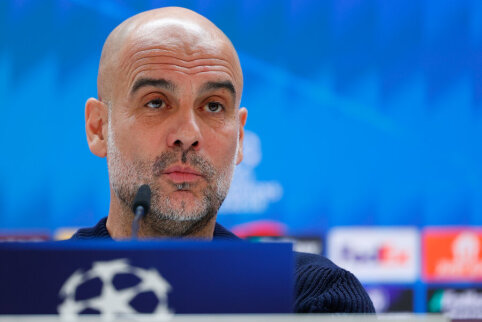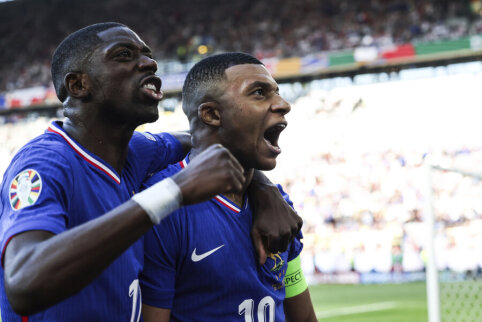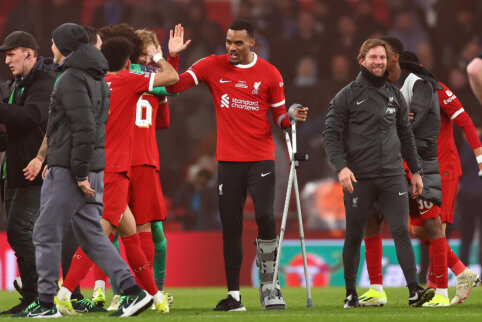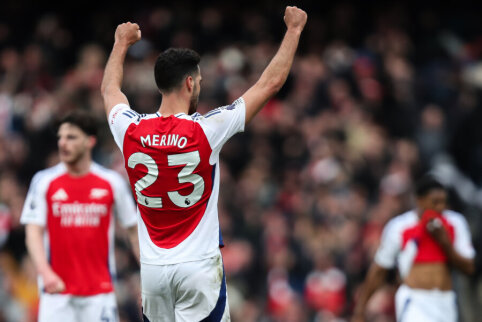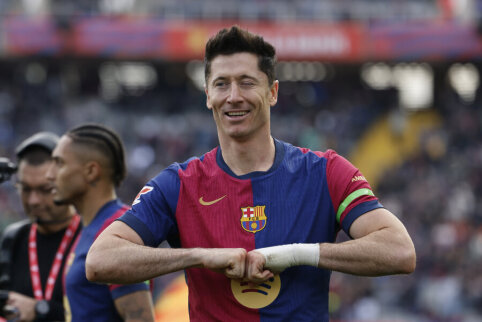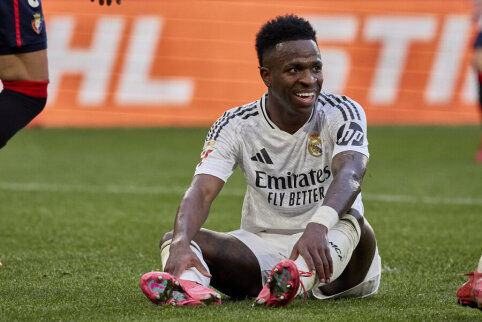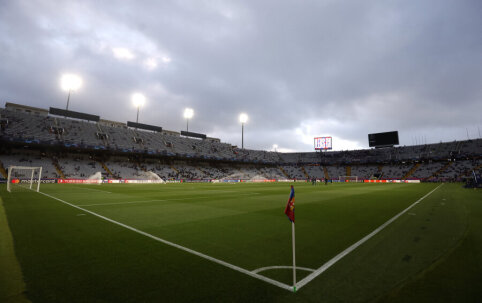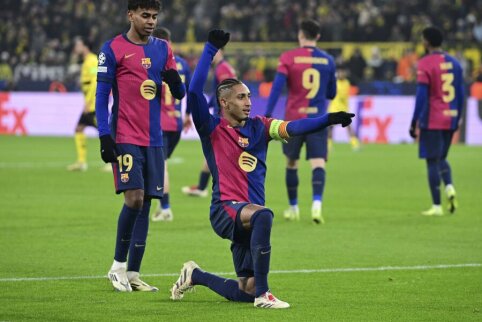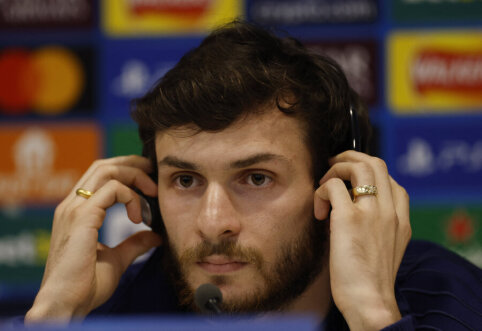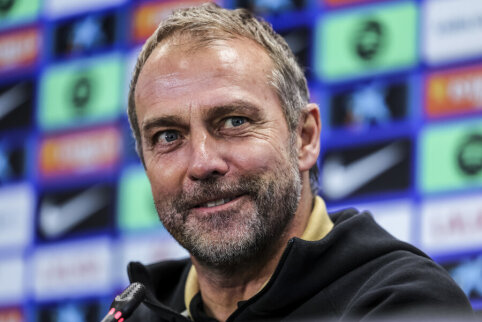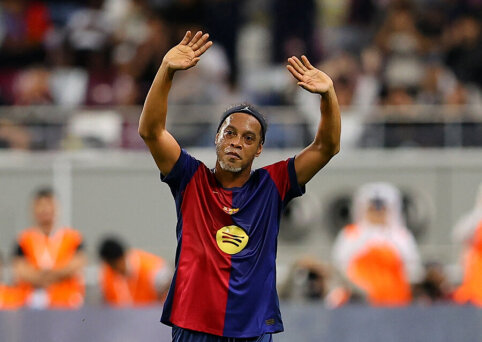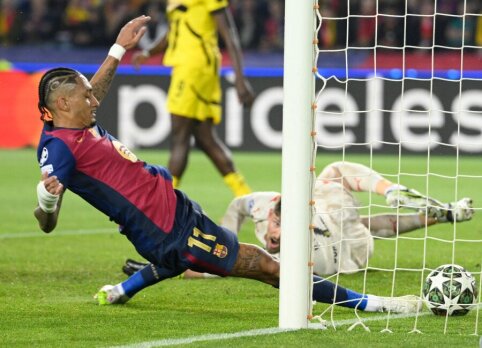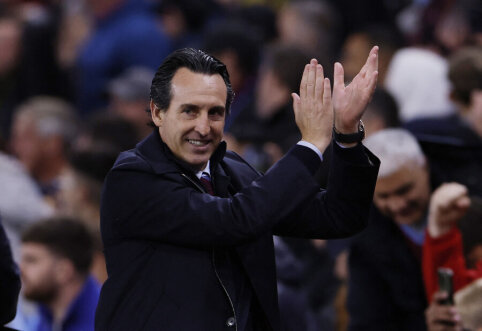 © EuroFootball.com
© EuroFootball.com
Success at the international level - without a doubt, the culmination of any career, the highest point. This golden rule applies to both coaches and players. In the city of Montreux, where the spells of the 2008 European Football Championship were drawn, almost all of the head coaches of European national football teams had gathered. Some of them were appointed without any prior professional experience. The latest such example is in the Republic of Ireland national team. The head coach of the team, Steve Staunton, was recently appointed. Before becoming the head coach of the team, this 37-year-old Irishman, who played the most matches (102) for the Irish team, also played for the English team "Walsall" and was an assistant to the playing coach of this team, Paul Merson. The President of the Football Association of Ireland (FAI), John Delaney, states that Staunton can be a great example and inspire the team: "He played in all three World Cups that Ireland reached, he knows the players he captained on the field, and young players, even as children, admired his game." However, Staunton's situation is far from unique. Before becoming the head coach of the 2006 World Cup hosts Germany, Jürgen Klinsmann had no professional coaching experience; before becoming the head coach of Bulgaria, Hristo Stoichkov worked as the team's striker coach for only a year, while the legendary Marco van Basten, before being appointed responsible for the performance of the Dutch football players after the 2004 European Championship, trained the youth team of Amsterdam. But this is not an entirely new situation. Perhaps the most famous German footballer of all time, Franz Beckenbauer, became the coach of West Germany immediately after finishing his professional playing career and managed to reach two World Cup finals and of course, triumph in 1990. However, the question remains open - why appoint someone with very little coaching experience or no experience at all to the most responsible football position in the country, even if they are a living legend of the country's football? Already dubbed the successor to future England national team coach Sven-Goran Eriksson, former England national team captain Stuart Pearce, who has been a team coach for less than a year, is completely skeptical on this issue. "It's like asking to be the Prime Minister of a constituency where you weren't even elected," Pearce said. "It would be absurd and the same applies to the work in the England national team." However, on the other hand, Pearce may not be so skeptical about his own chances. The only coaching experience of Frank Rijkaard before becoming the coach of the Netherlands national team was as an assistant to Guus Hiddink at the 1998 World Cup. And although later, as football gossip has it, F. Rijkaard was only one of four (and the last) candidates for the head coach position and started his work quite slowly, he later managed to lead his team to the semi-finals of the 2000 European Football Championship. In 2004, after Dick Advocaat left the team, Van Basten took over the national team. There were quite a few skeptics about this appointment. Well-known Dutch coach Co Adriaanse said: "A good horse is not yet a good rider." But the fact that Van Basten was new and "green" only helped him. He proved to have good ideas and implemented them, and the Netherlands national team demonstrated the best and most solid gameplay in the qualifiers for the 2006 World Cup. Another argument in favor of Van Basten or Staunton, put forward by Delaney, is the difference between coaching the national team and a club. "Leading the national team means assembling the best players, as you cannot buy the desired players as Premier League coaches do. So, in a few days, you need to create a team atmosphere. We believe that a former national team player is probably the best choice, capable of squeezing the best out of those players," Delaney says. Bulgaria expects the same from Hristo Stoichkov, who will lead the team through the Euro 2008 qualifiers, even though the team failed to qualify for this year's World Cup. Dimitar Dimitrov, who coached Bulgaria at the end of the last decade, is currently the head of all national teams in Bulgaria. "The future of football is clearly linked to such famous players as Stoichkov, Klinsmann, and Van Basten," Dimitrov says. "They had no coaching experience and no time to develop their ideas, but they were real winners on the field and that's why I'm convinced that the future belongs to them. Stoichkov was one of the best footballers of all time and has a winner's mentality. There are currently many young talented players, and Stoichkov has a lot of patience and qualities to give those young players a chance." Similarly to Bulgaria, Ireland is also following the same path. The experienced Dimitrov became the head of the Bulgarian national teams. Ireland also appointed former England national team coach Sir Bobby Robson as their international football consultant, whose coaching experience dates back to the 1970s. "It was Steven's decision," Delaney says. "[Jose] Mourinho learned from Bobby Robson for six years and look at what he achieved. If you can't learn from Bobby Robson, then who will you learn from?" Delaney rhetorically asks. Staunton now stands alongside colleagues such as Van Basten, Stoichkov, and Klinsmann and will compete in the UEFA Euro-2008 campaign. If they manage to recreate that magical atmosphere that prevailed when they played, if they manage to ignite their team as they were ignited themselves, they will probably achieve what their national teams achieved while they were playing.
